Can Tho City Department of Livestock and Veterinary Medicine: City-level scientific research project was excellently ranked
The project "Epidemiological characteristics and solutions to control and minimize damage caused by African swine fever in Can Tho city", carried out by Assoc.Prof.Dr. Nguyen Duc Hien - Can Tho Department of Animal Husbandry and Veterinary Medicine.
(3).jpg)
Overview of the acceptance session
In the morning of June 17, the Advisory Council evaluated and accepted the results of the implementation of the City level scientific project "Epidemiological characteristics and solutions measures to control and minimize damage caused by African swine fever in Can Tho city,” presided by Dr. Truong Hoang Phuong - Deputy Director of Can Tho City Department of Science and Technology. Can Tho Department of Animal Husbandry and Veterinary is an implementation unit.
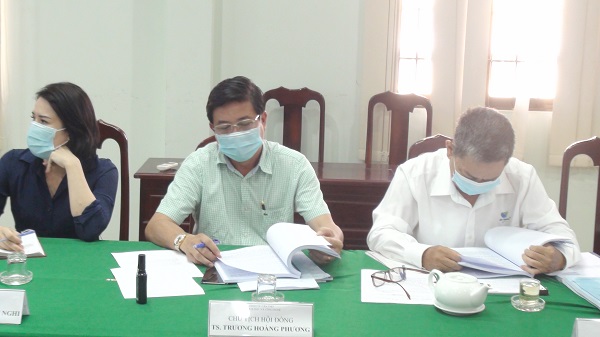
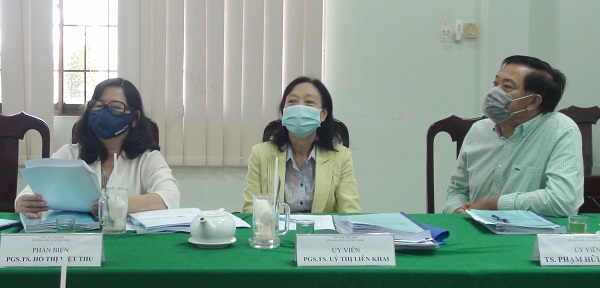
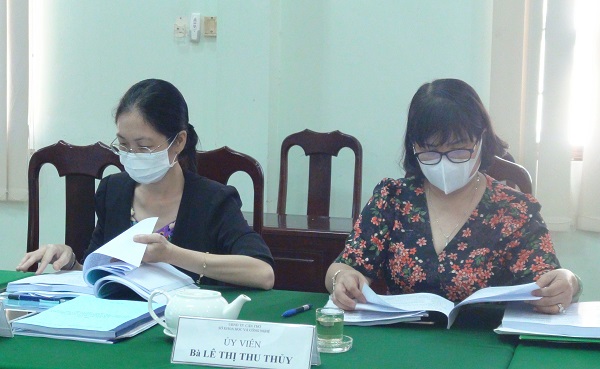
Acceptance Council members
The project has been carried out from 2019 up to now, with specific contents about the situation of African swine fever in Can Tho pigs; Identification of factors involved in disease transmission and co-infection or co-infection with ASF; Investigate some solutions in the prevention of African Swine Fever.
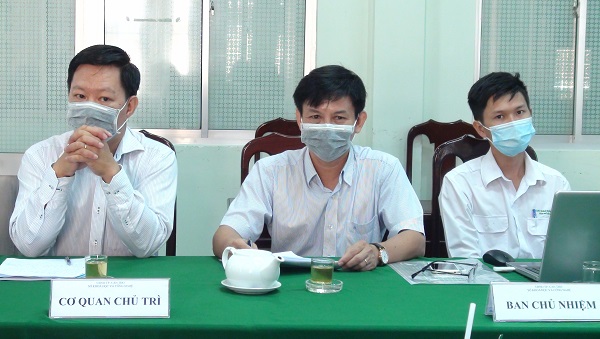
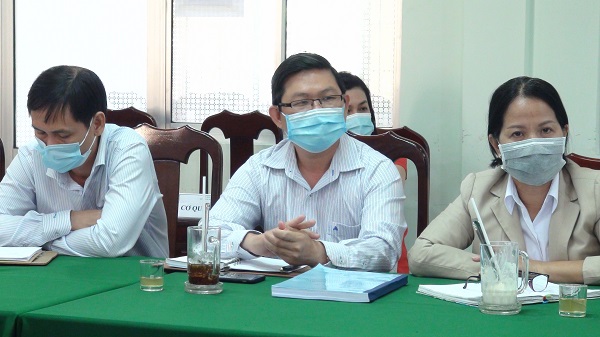
.JPG)
Presiding agency and research team
Research results show that, in 2019, African swine fever occurred in 45.57% of pig production facilities in the whole Can Tho city; Symptoms and lesions of African swine fever occurred in Can Tho city with high mortality >80%, pigs with high fever, red skin, bleeding skin, mucous membranes, natural holes. Visceral congestion and severe bleeding, the abdominal cavity contains a lot of fluid; Factors that increase the risk of ASF in pigs in Can Tho city: Breeding facilities were close to each other < 100m, near animal markets (<3km), near residential areas (<100m), near main roads (<200m), do not disinfect barns, had flies, mosquitoes, rats, birds on farms, rearing facilities near animal slaughterhouses; Anti-ASFV antibodies in pigs at facilities where ASF had not yet occurred (33.77%) and pigs at facilities where outbreaks have occurred (48.67%); There is the presence of ASFV in mosquitoes, flies and rats in establishments where epidemics have been occurring. Not detected in establishments where the epidemic has not yet occurred; The bacteria co-infected or superinfected when swine ASF is Streptococcus spp accounted for the highest percentage (70%). Other bacteria Salmonella spp (16.67%) Pasteurella multocida (10 %) Haemophilus parasuis (6.67%), PRRS (3.33%); Using probiotics includes: Injection of Interferon 104-5UI/kgP, 3 times a week for the first week, then once a week, a combination of Oligo-β-glucan 1g/Kg feed and Probiotic 2g/Kg feed. It is effective in increasing the natural immune system, reducing the invasion or multiplication of ASFV in the pig's body.
The council agreed to evaluate the urgent project, with highly reliable data, not only meaningful in the animal husbandry and veterinary industries, but also important in university training curricula and graduate training programs. The Council agreed to accept the study with excellent rating.
ctngoc
Can Tho City Department of Science and Technology